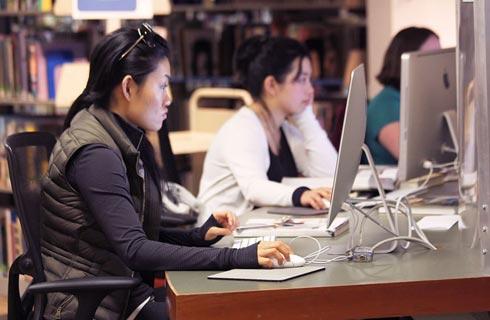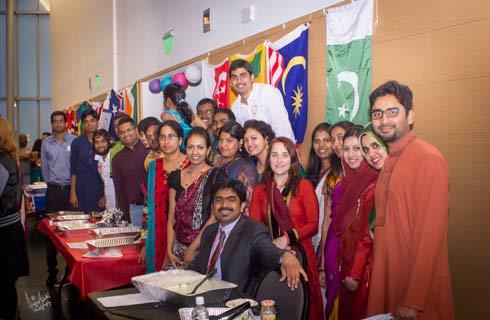- IDP China>
- 课程库>
- 法学>
- 法律与法律研究>
- 法律研究>
- Honours Bachelor of Arts in Criminology and Sociolegal Studies (Specialist) - St. George
Honours Bachelor of Arts in Criminology and Sociolegal Studies (Specialist) - St. George

学历文凭
Bachelor Degree with Honours

专业院系
Criminology and Sociolegal Studies

开学时间

课程时长

课程学费

国际学生入学条件
IDP—雅思考试联合主办方

雅思考试总分
6.5
- 雅思总分:6.5
- 托福网考总分:89
- 托福笔试总分:160
- 其他语言考试:Pearson Test of English (PTE) Academic - Overall score of 65 with no part below 60.
CRICOS代码:
申请截止日期: 请与IDP联系 以获取详细信息。
课程简介
相关申请
 预科
预科 奖学金
奖学金 实习机会
实习机会 在校学习
在校学习 跨境学习
跨境学习 校园授课-线上开始
校园授课-线上开始 在线/远程学习
在线/远程学习
开学时间&学费
学费信息仅供参考,请与IDP联系以获取详细信息
| 开学时间 | 时长 | 学费 | 地点 |
|---|
学校排名

世界排名21
数据源:
泰晤士高等教育世界大学排名
关于多伦多大学

多伦多大学(University of Toronto),始建于1827年,坐落在加拿大的第一大城市多伦多,是加拿大的一所顶尖学府,亦为加拿大传统四大校之一。安大略省政府及议会环绕在市中心的女王公园四周,现已发展成为一所“一主两翼”格局的世界知名研究性大学--坐落于市中心的圣乔治校区(St. George),历史最为悠久,与3个更小的大学联盟并有享有七大学院制,与十座教学医院有着密切关系;东西向延伸至世嘉堡与密西沙加,UTSC有着乡村般的风光,风景别致,搭乘TTC一小时路程;UTM则是在西边,有校车往返。在学术及研究方面,多伦多大学一直处于领先地位。其经费、捐款、国家教授奖项、研究出版规模和藏书量皆为加拿大之首。多伦多大学出版社在加拿大乃至全北美影响深远。实行独立书院制的学府,荣获诺贝尔奖的教授人数是加拿大最多的。维多利亚学院是其最富有的学院之一 提供更多奖学金和相关设施。多伦多大学亦为美国大学协会中仅有的两所非美国学府之一。多伦多大学每年发表的科研论文数量在北美仅次于哈佛大学,引用数量位居世界前五。主要贡献:干细胞及胰岛素的发现,电子起搏器、多点触摸技术、电子显微镜、抗荷服的发明和发展,NP完全理论,以及发现首个经核证的黑洞。
本校相关课程
其他相关课程

法学学士[一般]
 滑铁卢大学
滑铁卢大学学历文凭
Bachelor Degree
开学日期
课程费用总额


人类研究哲学博士
 劳伦森大学
劳伦森大学学历文凭
Ph.D.
开学日期
课程费用总额


人类动力学硕士
 劳伦森大学
劳伦森大学学历文凭
Masters Degree
开学日期
课程费用总额


律师助理研究生证书
 德恒学院
德恒学院学历文凭
Graduate Certificate
开学日期
课程费用总额


调解研究生证书-替代性纠纷解决
 德恒学院
德恒学院学历文凭
Graduate Certificate
开学日期
课程费用总额


人权文学士
 温尼伯大学
温尼伯大学学历文凭
Bachelor Degree
开学日期
课程费用总额
















